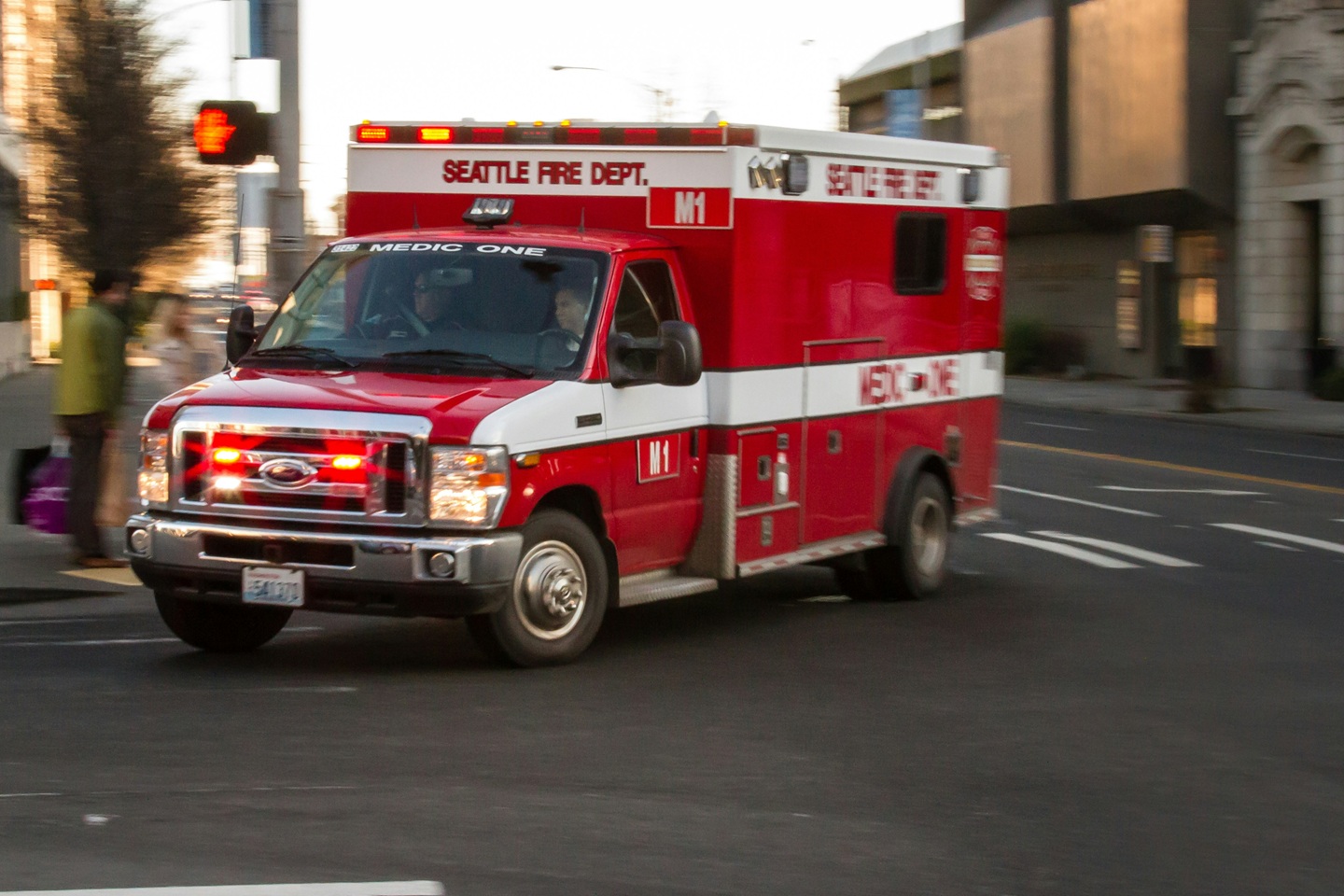There are calls we anticipate and calls we dread. And then there are those we know will challenge every corner of our emotional armor—the pediatric or adolescent CPR call is one of them. It’s the tone you hear over the radio that instantly changes your heart rate, your breathing, your mindset. Because deep down, you know this one will stay with you, especially when the age of the patient is close your child, a family member or someone close.
Whether you’re a firefighter, EMT, law enforcement officer, or healthcare worker, certain calls hit harder than others—not because we’re weak, but because you’re human. And in those moments, emotional preparedness becomes as critical as any skill in your trauma bag.
Trauma Growth Isn’t Linear
I talk a lot in the Survivor Mind community about post-traumatic growth—about building strength from adversity. But what often gets left out is the reality of setbacks. That moment when, after months of healthy processing and feeling strong, one call feels like it knocks the wind out of your sails.
It’s important to recognize and remember that growth isn’t a straight line. You can be resilient, grounded, and mentally strong—and still take a half step back after a particularly hard experience. That doesn’t mean you’re broken. It means you’re still in the fight. Climbing a mountain requires overcoming peaks and valleys. The mountainside is rarely a smooth slope.
Prepping your Mind Like You Prep your Gear
Before stepping into a potentially traumatic call, especially one involving kids, take a breath. Not just physically—emotionally. That doesn’t mean numbing yourself or shutting down. It means recognizing what you’re walking into and giving yourself permission to feel it without being consumed by it.
Ask yourself:
-
“What part of this call might hit me the hardest?”
-
“What do I need to stay grounded in this moment?”
-
“Who will I talk to after this, no matter what happens?”
Intentional emotional preparation doesn’t make the trauma disappear—it just gives you a foothold for when the ground starts to shake.
Processing on Purpose
When the adrenaline fades and the call is over, the work isn’t over. It’s tempting to compartmentalize and move on, especially when you’re in the middle of a busy shift or trying to stay strong for your team. My mom recently mentioned that a friends husband puts hard calls away in his “backpack”. This common tactic might work temporarily, but unprocessed pain will weigh you down and find its way out eventually—often when you least expect it.
Make time to debrief. Not just tactically, but emotionally.
-
Talk to someone. A partner, a peer, a therapist. Connection matters.
-
Name what you’re feeling and write it down. Grief, guilt, fear, anger—putting words to the emotion gives it form and makes it manageable. That’s what I do here at Survivor Mind. What you’re reading right now!
-
Move your body. Physical activity is one of the most powerful ways to discharge stored trauma. I find a lot of good in running but do what works for you.
-
Rest intentionally. Sleep isn’t a luxury after a hard call—it’s medicine. It may not come easy, but it’s important to make time for it.
The Half Step Back is Still Part of the Journey Forward
You might feel like you’re not as tough as you used to be. That you should be able to “handle it better.” But here’s the truth: Your sensitivity is not a weakness. It’s proof that you still care, that you’re still human. And it’s what makes you the kind of responder this world desperately needs.
Taking a half step back doesn’t mean you’ve lost all your ground. It means you’re recalibrating. That’s resilience—not pushing forward blindly, but pausing, processing, and continuing on with intention.
If you or someone you know is struggling after a critical incident, don’t wait. Reach out. Talk. Breathe. Heal.
We’re trained to be tough on the outside, but we’re all soft inside. Let’s keep showing up for each other.
Photo by Ian Taylor


